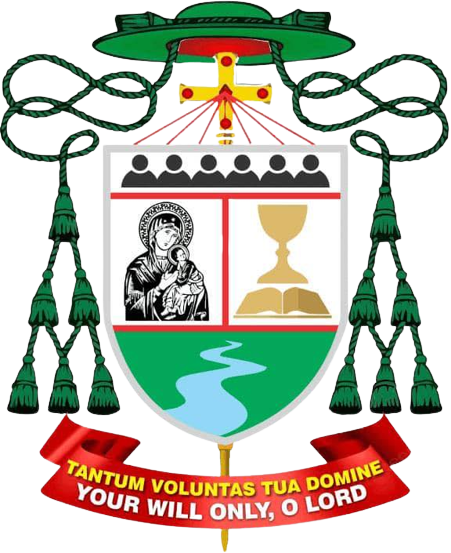Vatican City, Feb 18, 2019, Warri Diocese- At a press conference in Rome this morning, Cardinal Blase Cupich of Chicago underscored the scope and expectations around this week’s global Vatican summit on sexual abuse.
The cardinal made it clear that the three-day meeting was strictly dealing with the abuse of minors, and would not look at wider issues of clerical sexual abuse – most notably the sexual abuse of adults, including seminarians.
Cupich warned that “including other topics” would “inflate expectations” and distract from “the task at hand.”
The cardinal’s comments came barely 48 hours after it was announced that Theodore McCarrick had been expelled from the clerical state for a number of sexual abuse-related offences, including adult seminarians in dioceses he formerly led.
The hour-long question and answer session offered more details about the aims of the summit, which will include the heads of bishops’ conferences from around the world. But the scrupulously narrow focus on minors, and the stated objectives of the conference raise a number of questions about what American Catholics, including many bishops, can hope to see from Rome in response to months of scandal.
The clear goal of the meeting is to impress upon the world’s bishops the seriousness of dealing with child sexual abuse at all levels of the Church hierarchy.
To this end, Cupich highlighted measures already in place in the United States which, he noted, were proving successful, such as safe environment programs and enhanced screening of seminary candidates.
More broadly, bishops in the United States have noted the effectiveness of the 2002 reforms brought in by the Dallas Charter and USCCB Essential Norms, which have coincided with a steep decline in reported abuse cases.
But if the wider purpose of the three-day meeting is to impress the seriousness of the child abuse crisis on bishops from elsewhere, and even underscore effective measures already in place in the U.S., American focus remains on accountability for bishops and abuse cases of all kinds involving them personally.
—
Discussing the future of episcopal accountability, Cupich made a surprising reference to Come una madre amorivole, the 2016 motu proprio issued by Pope Francis setting out legal mechanisms for reporting and handling complaints against bishops, including for negligence or abuse of office in abuse cases.
“It is the document Come una madre amorivole that outlines procedures for holding bishops accountable,” Cupich said. The reference to Come una madre was surprising to many, since Pope Francis had previously said in public that he had abandoned these very processes.
During the inflight press conference on his return from Dublin in October last year, Pope Francis said he had effectively junked the procedures of Come una madre because they “weren’t practical and it also wasn’t convenient for the different cultures of the bishops that had to be judged.”
Francis even went as far as expressing frustration that prominent reform advocate Marie Collins, herself a survivor of sexual abuse and a former member of Francis’ own Pontifical Commission for the Protection of Minors, was “a bit fixated” with the document not being used.
For Cupich to suggest that Come una madre was once again a living document suggests a possible second papal reversal by Francis on his own reforms, even though his original reservations seemed to center on the very global applicability this week’s summit is meant to address.
—
In November, an instruction from the Vatican’s Congregation for Bishops prevented U.S. bishops from voting on a raft of proposed measures aimed at increasing episcopal accountability – reforms which would have addressed many of the gaps left by the non-adoption of Come una madre in the first place.
The move left many frustrated but, on Monday, Cupich called the Baltimore measures “problematic” and said he did not believe they would have been adopted even if a vote had taken place. Cupich floated an alternative proposal of his own during the Baltimore meeting.
Reportedly drafted in concert with Washington Cardinal Donald Wuerl, Cupich’s plan would rely upon existing structures within metropolitan provinces, instead of the creation of an independent national body to oversee complaints against bishops.

